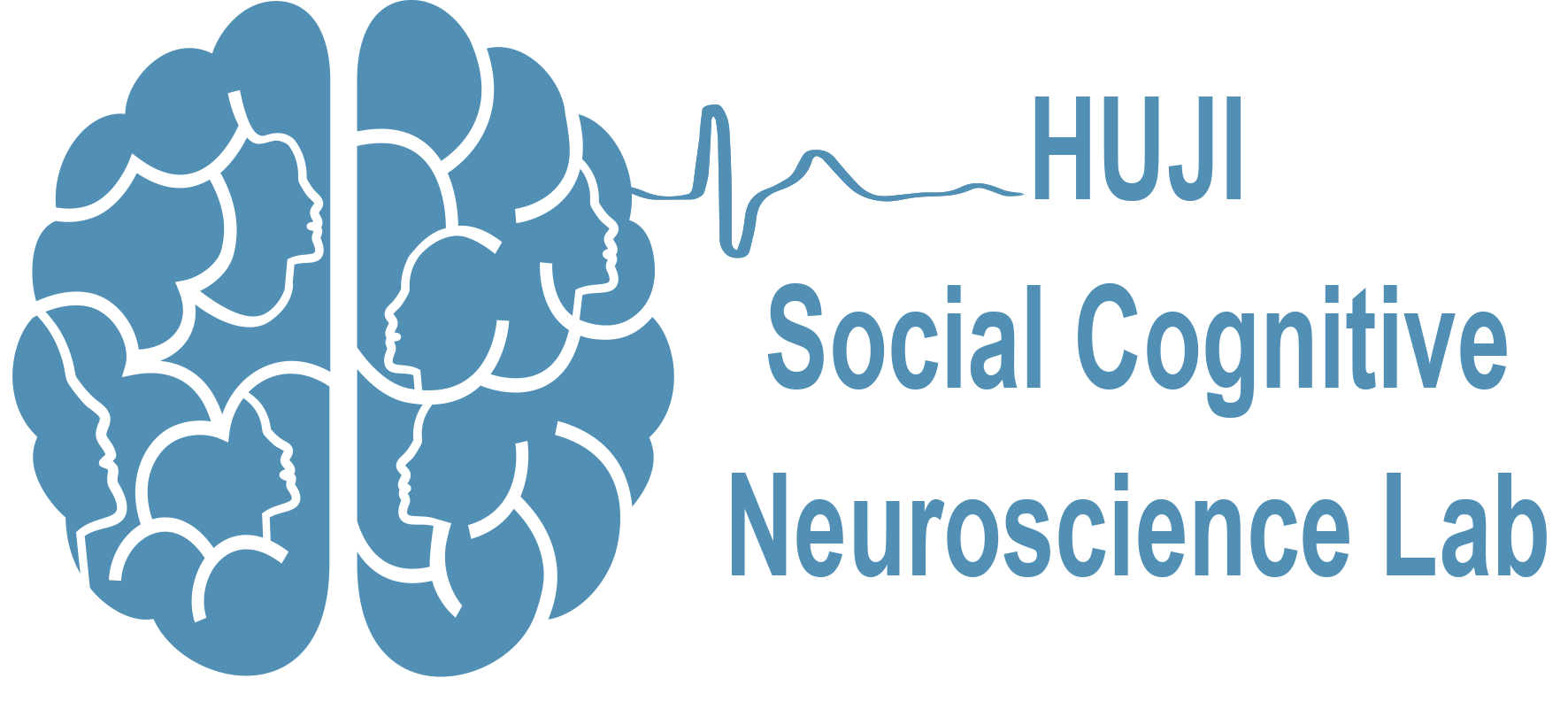Citation:
Abstract:
Abstract
Intragroup empathy is vital for resilience. However, it is often impaired in advantaged-dominated environments when one adopts advantaged-group characteristics to climb the social ladder. The current work examines contextual factors that may affect intragroup empathy: the motivation behind adopting the advantaged-group characteristics, and negative encounters with members of the advantaged group. We hypothesized that coercively, versus willingly, adopting advantaged-group characteristics will increase intragroup empathy both when the outcomes are negative and positive. We further hypothesized that a negative encounter with an advantaged-group member would increase intragroup empathy, compared to no encounter. In three studies, Palestinian students in Israeli academia were assigned to read scripts depicting the academic experience of a Palestinian student adopting advantaged-group characteristics. We tested (a) the effects of motivation following a negative outcome (N = 182); (b) the effects following a positive outcome (N = 205); and (c) the interaction between a negative encounter with an advantaged-group member and motivation, and its effect on intragroup empathy (N = 282). Intragroup empathy was higher in the coerced condition compared to the free-willing condition both for negative and positive outcomes. A negative encounter with an advantaged-group member increased intragroup empathy in the willing condition. By illuminating contextual variables that shape intragroup empathy, this research shows that impairment in intragroup empathy is not inevitable. This work may serve as a foundation for future interventions.

